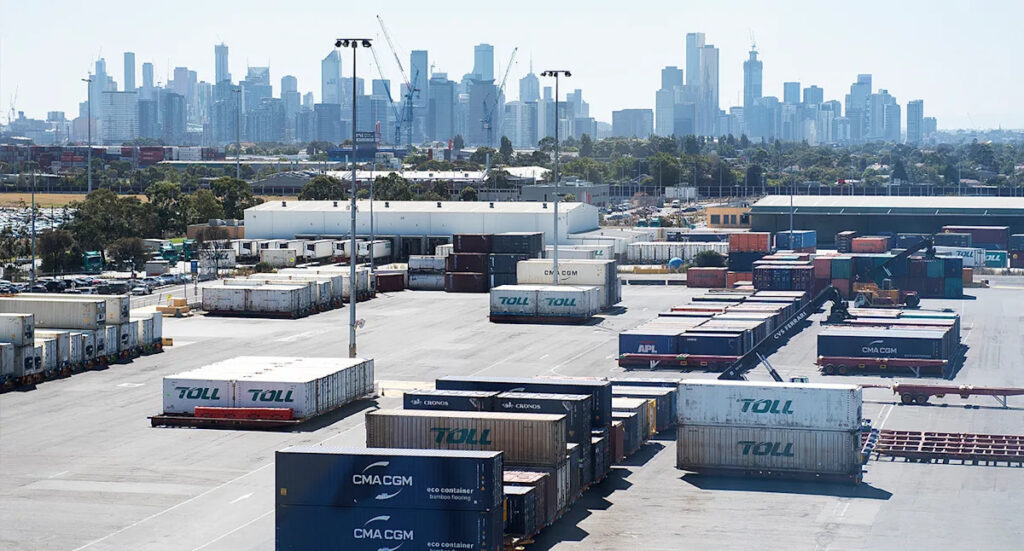
Australia is grappling with a potential agricultural crisis as experts call for the destruction of a $400,000 shipment of potato seeds believed to be at risk of contamination by the potato mop-top virus. The seeds, totaling 500 tonnes, are currently held in cold storage across farms on the mainland after being transported from Tasmania before the virus was detected in July.
The discovery of the virus in Tasmania prompted a swift quarantine order, effectively sealing the island’s borders to prevent the spread of the disease. Until this incident, Australia was considered free from the mop-top virus, which poses a significant threat to the nation’s potato industry by deforming crops and rendering them unsalable.
Potential Spread and Economic Impact
In Victoria, approximately 100 tonnes of the seed have already been identified as potentially infected, though they remain unplanted. Dr. Nigel Crump, a potato pathologist, warns that the remaining 400 tonnes distributed across various potato-growing regions may also be compromised.
“The virus could be below the limits of detection, so this is a real concern,” Dr. Crump explained to Yahoo News.
Dr. Crump is urging federal authorities to take decisive action by destroying the seeds and compensating affected farmers. At $800 per tonne, the financial impact on farmers could reach $400,000. “It’s time to show us the money. We’re in planting season, and growers need to be assured,” he emphasized.
Understanding the Potato Mop-Top Virus
While the potato mop-top virus does not pose a threat to human health, its impact on crops is severe. The virus causes discolouration and deformities in potato flesh, making them undesirable for sale. The disease is prevalent in many parts of the world, including the United States, Canada, Europe, South America, and Asia.
Dr. Crump, who also serves as the managing director of the Australian Seed Potato Industry Certification Authority (AusSPICA), highlights the broader implications of a mainland detection. Such an event could jeopardize not only domestic crops but also international seed exports, particularly to markets like Indonesia, Vietnam, and Thailand, which require mop-top-free certifications.
“It’s an unfortunate situation for Tasmania, but it’s an opportunity for the mainland to protect its interests and make sure the disease isn’t established,” Crump noted.
Broader Agricultural Concerns
This development follows a series of challenges faced by Australia’s agricultural sector, including climate change impacts and trade disruptions. The potential spread of the mop-top virus adds another layer of complexity, threatening the livelihoods of farmers and the stability of the potato supply chain.
As authorities deliberate on the best course of action, the call for seed destruction underscores the urgency of the situation. The decision will not only affect the immediate planting season but also the long-term viability of Australia’s potato industry.
Looking Ahead
The Australian government, alongside agricultural experts and industry stakeholders, must navigate this crisis with caution. The outcome will likely set a precedent for how similar threats are managed in the future, balancing economic interests with biosecurity measures.
As the situation unfolds, the focus remains on safeguarding the mainland from the mop-top virus and ensuring the continued success of Australia’s potato exports on the global stage.





